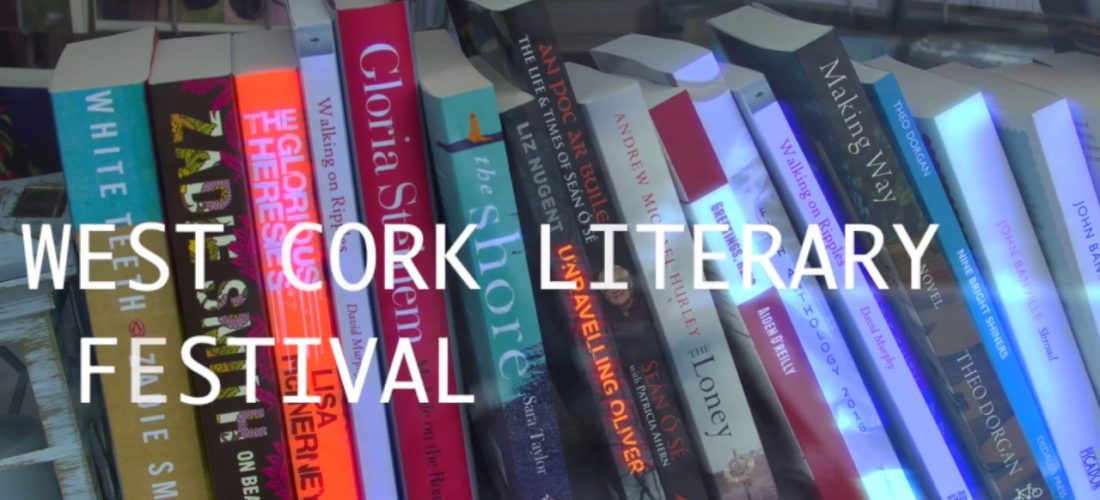Tales about motherhood, injustice and home are pared down to perfection
Lucy Caldwell’s latest collection of short stories, Intimacies, has taken nearly a year to get to us. Originally slated for a June 2020 release, it found itself cast adrift into publishing limbo as the industry floundered in dealing with the pandemic. Thankfully, the wait was more than worth it.
Intimacies, a sort-of sequel to Caldwell’s much-lauded 2016 collection Multitudes, finds the teenage girls of that collection grown into young women in stories linked by motherhood, injustice and the concept of home. Caldwell’s approach to storytelling is very much reflective of the vogue in writing now — stories that stray from overarching narratives and plots in favour of quiet explorations of moments, a preference for tight first-person with little external dialogue, and sparse, fleeting prose that feels pared down to perfection. The result is a collection of stories that feel as delicate as filigree, as if one wrong word would cause the whole story to utterly collapse.
One standout story, Mayday, comes early in the collection. The story takes place in the moments after a woman ingests the abortion pills that she procured illegally online. Stuck in the mind of this woman, we reel through her buzzing brain as she tries to settle down, calm herself and await the grim physical confirmation that the pills have worked. She flashes back to her childhood, synapses snapping to memories of buttered fruit loaf and oatmeal biscuits, a sinister reverend and recollections of Holy Communion aptly appear in her mind’s eye.
One can’t help but think of the protagonist of Anaïs Nin’s story Birth, destroyed by the painful delivery of a stillborn child but feeling freed from everything the pregnancy symbolised. Caldwell’s final lines are a resounding echo of hope. Her protagonist will “be one of the lucky ones. She will. She will.”
Another story in the collection, Jars of Clay, is Mayday’s symbolic sister. It follows a young woman who is part of a Youth Ministry delegation, travelling from the States to Ireland to preach against abortion in the week before the historic Repeal referendum. It is a story that shows Caldwell at her most masterly.
In the hands of a lesser writer the story could easily poke fun at the woman and deride her beliefs. Caldwell instead paints a more real and tragic portrait. We read about her blind faith in her pastor — a classic Yankee evangelical — and the evenings when she practises dealing with the public, where she is thrown questions such as, “What about [abortion] in the case of rape or incest?” and, “What about women’s rights?” and must reel off rote answers as if preparing for an exam. It is a sinister tale, one of the book’s most memorable, and proves Caldwell to be a great chronicler of our recent times.
One of the most interesting aspects of Intimacies is Caldwell’s invocation of women who have, very publicly, been wronged by history. In Words for Things her characters discuss the case of 22-year-old Monica Lewinsky, a woman wrapped up in the most famous affair of the era and who was, of course, almost solely blamed for it. Sinéad O’Connor, vilified for tearing up a picture of the Pope (and eventually proved absolutely correct to have done so), is another of Caldwell’s wronged women.
They join names such as Anna Nicole Smith, Amy Winehouse and Britney Spears, a laundry list of women whose tragic downfalls were documented daily and who ultimately paid the price for merely existing in the public eye. Through Caldwell’s lens these women are rightfully venerated and treated as the cultural icons they are. In her inclusion of these women, there is a sense of Caldwell finally righting a very tired and old wrong.
These 11 stories are sharp and impactful accounts of young women traversing modern life. As a writer she has a glorious skill for creating narratives in which every element works in perfect tandem: the balanced precision of a Calder mobile in literary form. The result is a collection in which there genuinely isn’t a single dud — a minor miracle. Intimacies is a memorable and unmissable book from one of Ireland’s most essential writers.






